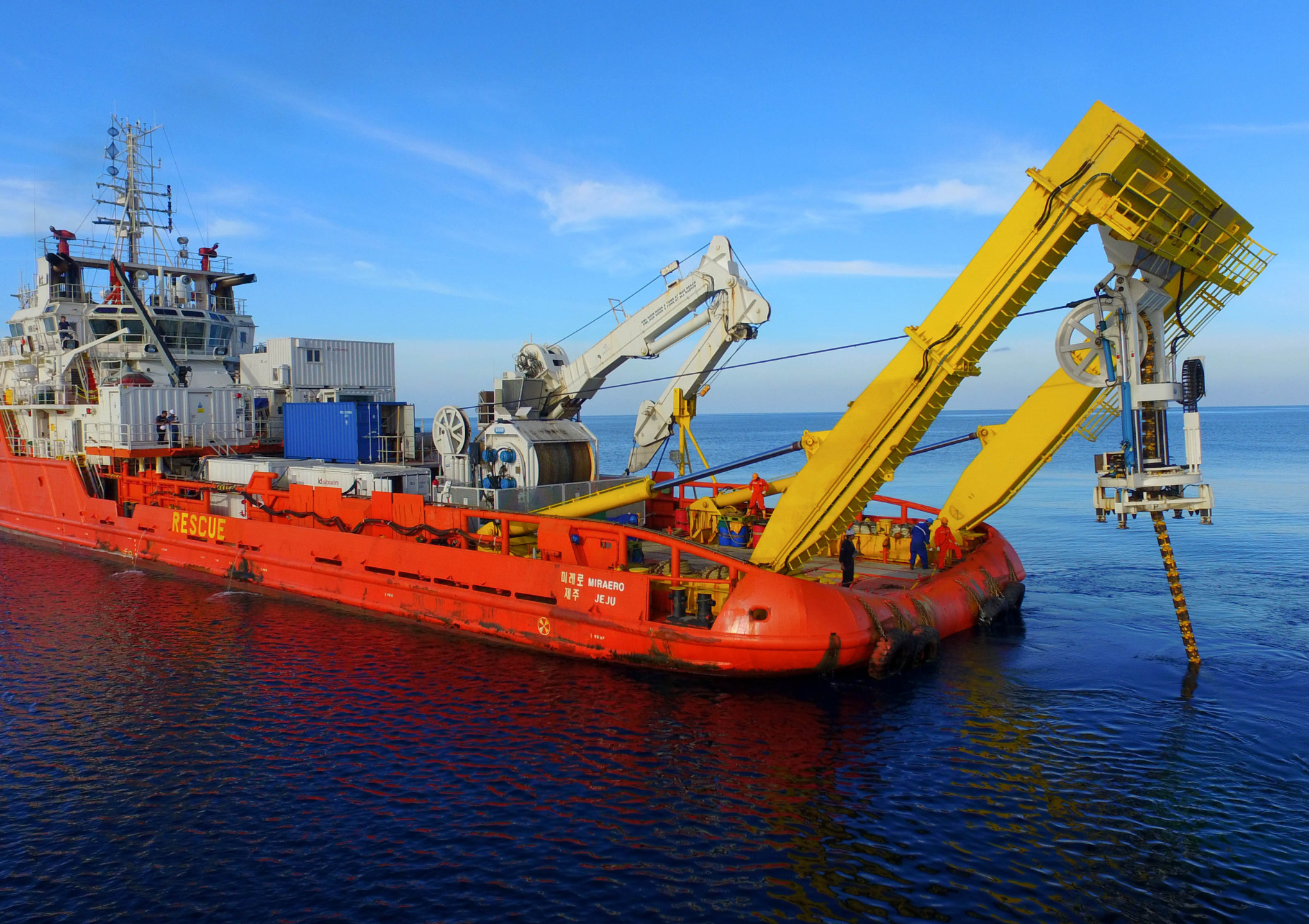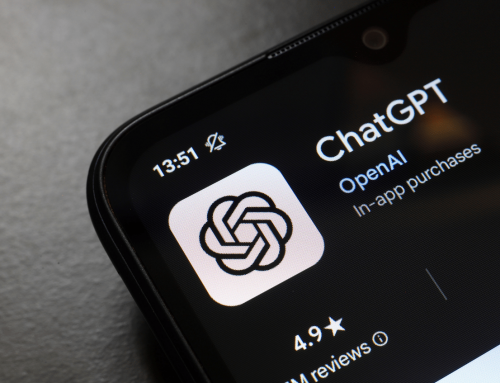Cable broken, cloud broken: the global network is shaking
Suddenly slow, suddenly offline - what many users in Asia and the Middle East recently experienced had nothing to do with bad WiFi. Several submarine cables in the Red Sea were damaged - with massive consequences for the global internet. Particularly affected: Cloud giants such as Microsoft Azure and Amazon Web Services (AWS). Other providers are also said to have suffered.
The exact cause remains unclear. Whether it was political sabotage, a ship's anchor or simply bad luck - everything is still unclear. But the consequences were clearly noticeable: increased latency, slower services, disrupted connections, especially between India, the Middle East and Europe. Microsoft warned of delays early on, as did AWS. In countries such as Pakistan, Kuwait and Dubai, the network was sometimes a shadow of its former self.
The weakest link in the global high-speed network
Most people think of radio masts, satellites or WLAN routers when they hear the word "internet". But the true heartbeat of the global network lies - under water. More precisely: in almost 600 fiber optic cables that run across seas and oceans. They transport around 90 percent of the world's data traffic - inconspicuous but vital.
The Red Sea in particular is one of the central hubs for data flows between Asia, Africa and Europe. If a cable fails there - as the SMW4 and IMEWE systems have now - this causes noticeable gaps in the internet supply for entire regions. Although providers such as Microsoft can reroute the traffic, this means a slower network for millions.
And the repair? That takes time. Underwater fiber optic cables can't just be repaired from a submersible. When political instability is added to the mix - as in the case of the Houthi rebels in Yemen, who are active in the region - the situation becomes really tricky.
The Internet on a thin wire - taken literally
The incident raises unpleasant questions. How secure is our global infrastructure really? Today, a handful of damaged cables can slow down banks, authorities, corporations and communications at the same time. According to Microsoft, a repair like this can take weeks, until then it's a case of rerouting data traffic, rebalancing - and hoping that nothing else breaks.
The network provider Equinix is therefore calling for more alternative data routes - not only through the Red Sea, but also via other geopolitically secure regions. However, this means investing billions, which hardly anyone is happy to do - until it is too late.
And what do we say to that?
The fact that the internet is hanging by a thread is no exaggeration - it's a reality. Anyone who peddles artificial intelligence, blockchain and 5G today but ignores the critical infrastructure under water is playing a dangerous game. In a world where a ship's anchor can slow down the digital life of entire continents, we finally need more foresight. And less naivety.







